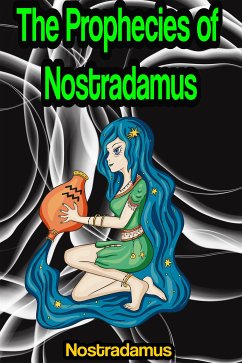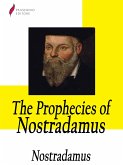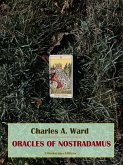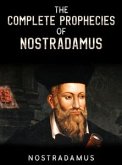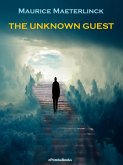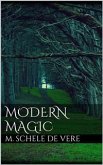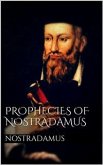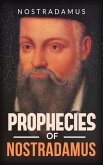The Prophecies of Nostradamus by Nostradamus Nostradamus claimed to base his published predictions on judicial astrology—the astrological 'judgment', or assessment, of the 'quality' (and thus potential) of events such as births, weddings, coronations etc.—but was heavily criticised by professional astrologers of the day such as Laurens Videl for incompetence and for assuming that "comparative horoscopy" (the comparison of future planetary configurations with those accompanying known past events) could actually predict what would happen in the future.
Research suggests that much of his prophetic work paraphrases collections of ancient end-of-the-world prophecies (mainly Bible-based), supplemented with references to historical events and anthologies of omen reports, and then projects those into the future in part with the aid of comparative horoscopy. Hence the many predictions involving ancient figures such as Sulla, Gaius Marius, Nero, and others, as well as his descriptions of "battles in the clouds" and "frogs falling from the sky".
Astrology itself is mentioned only twice in Nostradamus's Preface and 41 times in the Centuries themselves, but more frequently in his dedicatory Letter to King Henry II. In the last quatrain of his sixth century he specifically attacks astrologers.
His historical sources include easily identifiable passages from Livy, Suetonius' The Twelve Caesars, Plutarch and other classical historians, as well as from medieval chroniclers such as Geoffrey of Villehardouin and Jean Froissart. Many of his astrological references are taken almost word for word from Richard Roussat's Livre de l'estat et mutations des temps of 1549–50.
Research suggests that much of his prophetic work paraphrases collections of ancient end-of-the-world prophecies (mainly Bible-based), supplemented with references to historical events and anthologies of omen reports, and then projects those into the future in part with the aid of comparative horoscopy. Hence the many predictions involving ancient figures such as Sulla, Gaius Marius, Nero, and others, as well as his descriptions of "battles in the clouds" and "frogs falling from the sky".
Astrology itself is mentioned only twice in Nostradamus's Preface and 41 times in the Centuries themselves, but more frequently in his dedicatory Letter to King Henry II. In the last quatrain of his sixth century he specifically attacks astrologers.
His historical sources include easily identifiable passages from Livy, Suetonius' The Twelve Caesars, Plutarch and other classical historians, as well as from medieval chroniclers such as Geoffrey of Villehardouin and Jean Froissart. Many of his astrological references are taken almost word for word from Richard Roussat's Livre de l'estat et mutations des temps of 1549–50.

